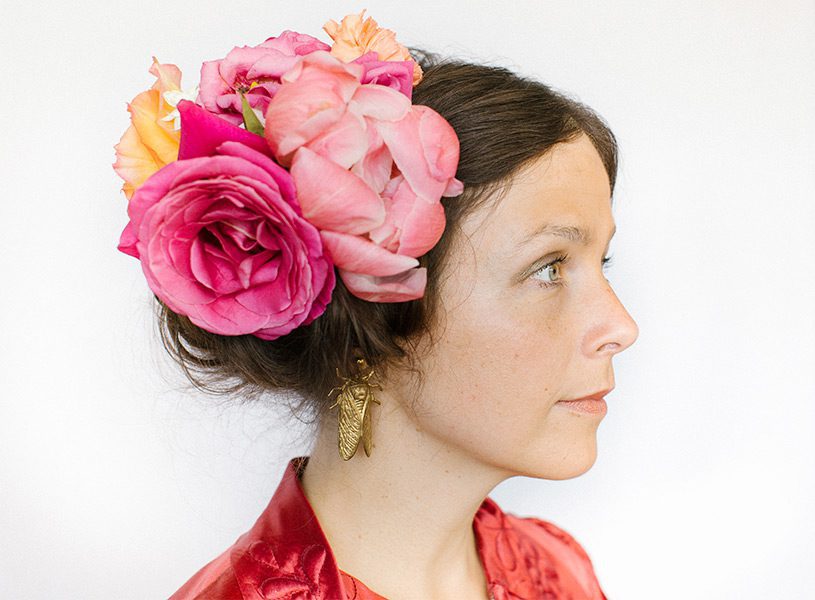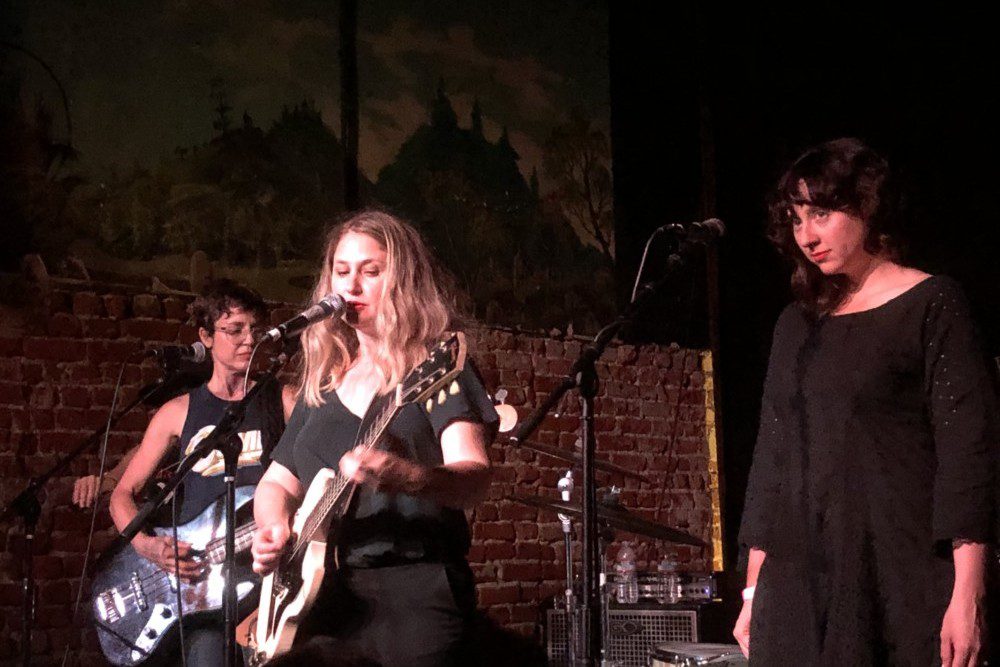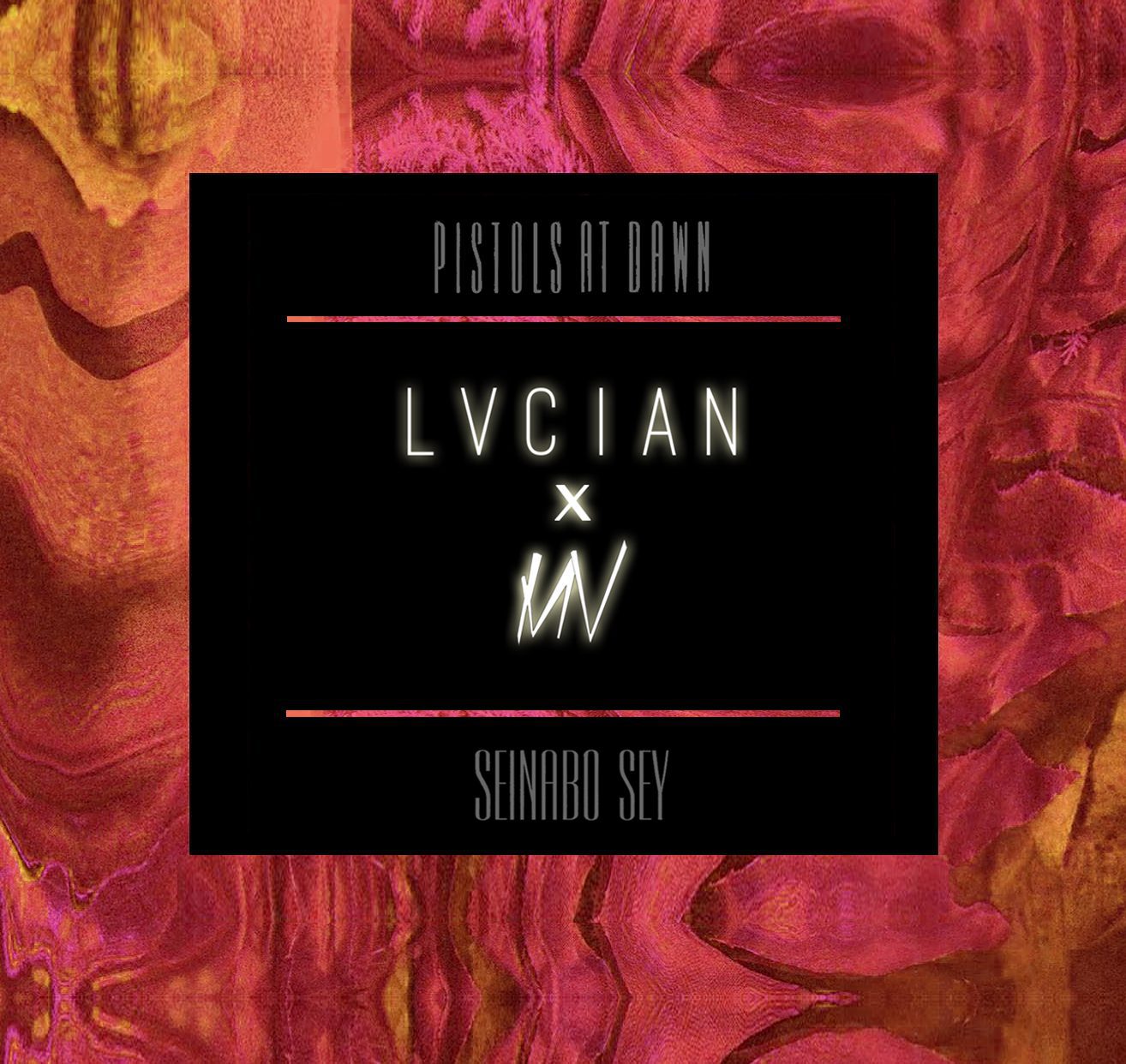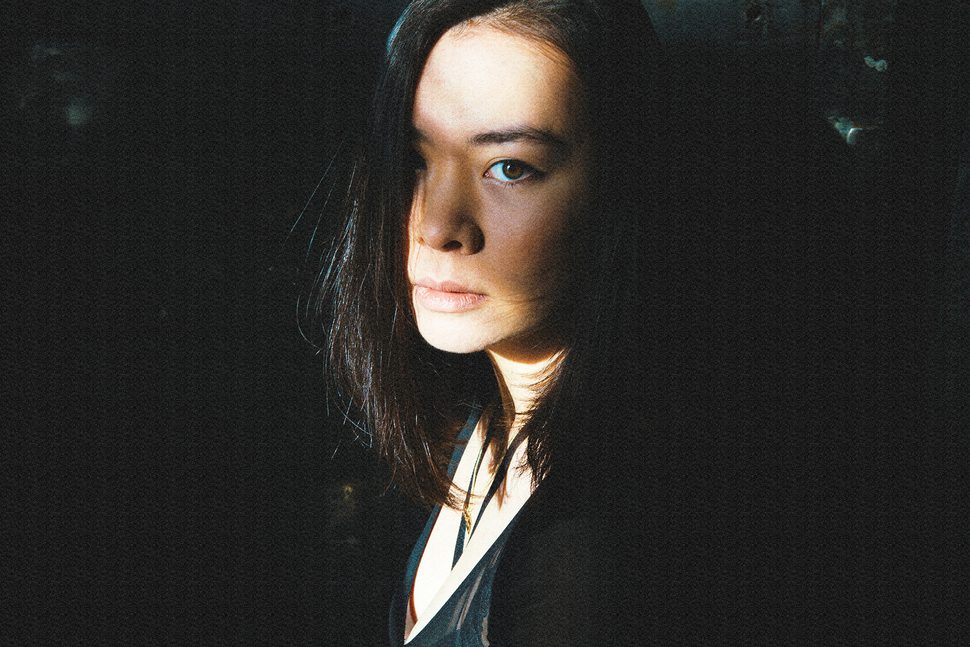VIDEO PREMIERE: May Erlewine “Get It Back”

[fusion_builder_container hundred_percent=”yes” overflow=”visible”][fusion_builder_row][fusion_builder_column type=”1_1″ background_position=”left top” background_color=”” border_size=”” border_color=”” border_style=”solid” spacing=”yes” background_image=”” background_repeat=”no-repeat” padding=”” margin_top=”0px” margin_bottom=”0px” class=”” id=”” animation_type=”” animation_speed=”0.3″ animation_direction=”left” hide_on_mobile=”no” center_content=”no” min_height=”none”]

May Erlewine believes that music means community, and she’s spent her career in service to her Michigan roots. Raised by hippies in Grand Rapids, Erlewine grew up surrounded by music, encouraged to explore her own creativity from every angle. Her new record Mother Lion has the maturity of a woman grounded in her roots, looking forward to the future.
“Get It Back,” Erlewine’s newest track, is a slow boil of a song. My mind couldn’t help but see it played against a dramatic movie scene, in which a character reaches a pivotal crossroads. It speaks of temporary moments, faded memories, photos hidden at the bottom of a musty drawer.
We sat down with May Erlewine to talk about her musical influences and the responsibility of being an artist.
AF: You grew up in Big Rapids, Michigan. Can you tell us a little bit about your family and how music played into your childhood?
ME: My parents both came from artistic families. We lived in Ann Arbor before I was born. They practiced Tibetan Buddhism and were vegetarians. My Dad’s mom was a visual artist and my Dad played in bands. Music and the arts were a big part of everything in my family, so they were very encouraging and supportive of any sort of creativity that I wanted to explore. I was home educated for a while in my childhood, so that was another cool thing, a great way to be able to explore the arts a little bit more than maybe a lot of people get to in public school. Music was always on and around; my Dad was a music appreciator and always showing us different kinds of music. He started The All Music Guide, so when that started there were musicians coming and going to write. So I had a pretty rich and active childhood, as far as lots of people being around. But also my family was definitely a really oddball family in a small town.
AF: Who were some of your earliest music influences in terms of styling and what kind of music you gravitated toward?
ME: My Dad listened to a lot of the soul singers like Irma Thomas, Billie Holiday, Fenton Woods, Sam Cooke, and James Brown. That stuff was on and a ton of blues. But then my mom was in love with the songwriters and the folk tradition; she listened to Bob Dylan, Joni, Pete Seeger and stuff. So those two camps were pretty strong, and sort of were the touchstones for a lot of my first inspiration, melodies, singing, and songwriting for sure.
AF: Your new album Mother Lion was partially funded through Kickstarter. What was that process like?
ME: We’ve used Kickstarter before, but I’ve never asked for as much as I did for this one. I’m lucky – the community in Michigan is very supportive, but since I was going for more, I really wanted to put a lot of intention into the video and into what we were asking for. We had a visual team for this whole project; we really kinda went all out on making the video and our communication and explaining what the album was. I just felt grateful that people got behind it one hundred percent, a lot more than I ever anticipated. It was a really beautiful showing of the community, and then also those people sharing it with others. It had a really broad reach and got a lot of support, with over 600 backers in the end. It was a really moving experience.
I’ve worked in the community here and kinda use my music as a service-oriented job, try to be involved in the community, work with kids, work for environmental access organizations, and also social justice issues. So it was kind of a nice way to see that the music I’ve been making is meaningful, that the community there is ready to support not just my art, but that its independent artists are valued.
AF: “You’ve got to live it, every minute that you have / Cause you won’t get it back.” I love that line from your new single. Can you give us a peek behind the writing process of this song?
ME: This is one of those songs that just came. Sometimes you have to toil over them and sometimes they just show up in one piece. I wrote this song on the piano. The chorus came first and it’s sort of interesting because it’s such a kind of quiet, subtle chorus, and then the song started unfolding. It was at a time in my life that was challenging on a lot of levels, and there was a lot going on in the world around us and a lot of pain. I was struggling with trying to figure out how to continue forward, so the song is about the preciousness of what we have. Even when we’re experiencing loss or grief we still have to show up in the moments that we have. As we get older, I guess you start to look back at time, and you realize it just keeps moving on without you, whether you’re happy or sad. Time keeps moving. So the song is about acknowledging that and trying to grapple with still allowing the preciousness of each moment, even when we’re experiencing pain or loss. It’s a song about loss and grief, and then also embracing what we do have and trying to remain grateful for it.
AF: You have a daughter, Iris. Has your writing process changed at all since becoming a parent?
ME: Having a child really shows you what is important and allows me to live from a richer, more selfless place. Also knowing I am my daughter’s example of what it looks like to be a woman in the world makes me want to do the best that I can.
AF: You are a member of the Earthwork Music Collective, “a group of independent artists who share resources and talents to raise both community and self-awareness, along with facilitating and encouraging original music in the state of Michigan.” How did you first get involved with the collective?
ME: Earthwork Music was founded by my ex-husband, Seth Bernard. We worked together on building the collective over the past thirteen years or more. It’s sort of an umbrella for collaboration and mutual support, while focusing on investing and serving our communities as well.
AF: You spoke earlier about how music and community are so closely intertwined for you as an artist. Do you feel like musicians have a kind of responsibility to act as a mirror, helping to reflect the problems of their time?
ME: I believe that all artists do this, consciously and subconsciously. We digest what’s going on around us and then present it back to the world. For me, I also honor the old-school tradition of the singer-songwriter. I want to be intentional about using my voice for things that need awareness.
AF: Alright, now for a couple speed questions. Favorite album you’re listening to right now!
ME: I really love Jason Isbell’s Southeastern and also I’ve been loving Bobby Charles (self titled) and Joshua Davis has a new record called The Way Back Home, and of course dipping back into Petty, given the news.
AF: Favorite venue to perform in.
ME: That’s a bit of a dangerous one to answer for me. I love intimate listening rooms of 400 or less. I also love playing house concerts. There’s something special about no amplification, just making music in the room. I’ve done a few house concert tours, they are magical.
AF: Mother Lion ends with “Grateful,” a piano ballad that echoes the feeling of standing in a church sanctuary. You sing,“I will be strong / And stronger still / Torn from my hopes / worn from my will / When I speak my truth / You’ll hear me say / I am grateful / at the end of the day.” What message do you hope people get from this album?
ME: The album was written to help people feel. With all of the struggle, emotionally, environmentally, politically, socially, it’s easy to become overwhelmed and out of touch with our feelings. This album is holding space for those feelings, both the sorrow and the joy. Trying to help people to get back in touch with their hearts and the slower, quieter voice within. Also, Tyler Duncan, my producer, was a huge part in creating a safe and nurturing place for these vulnerable sentiments to be expressed.
Keep an ear out for May Erlewine’s 10th studio release Mother Lion, due out November 1, 2017.[/fusion_builder_column][/fusion_builder_row][/fusion_builder_container]




